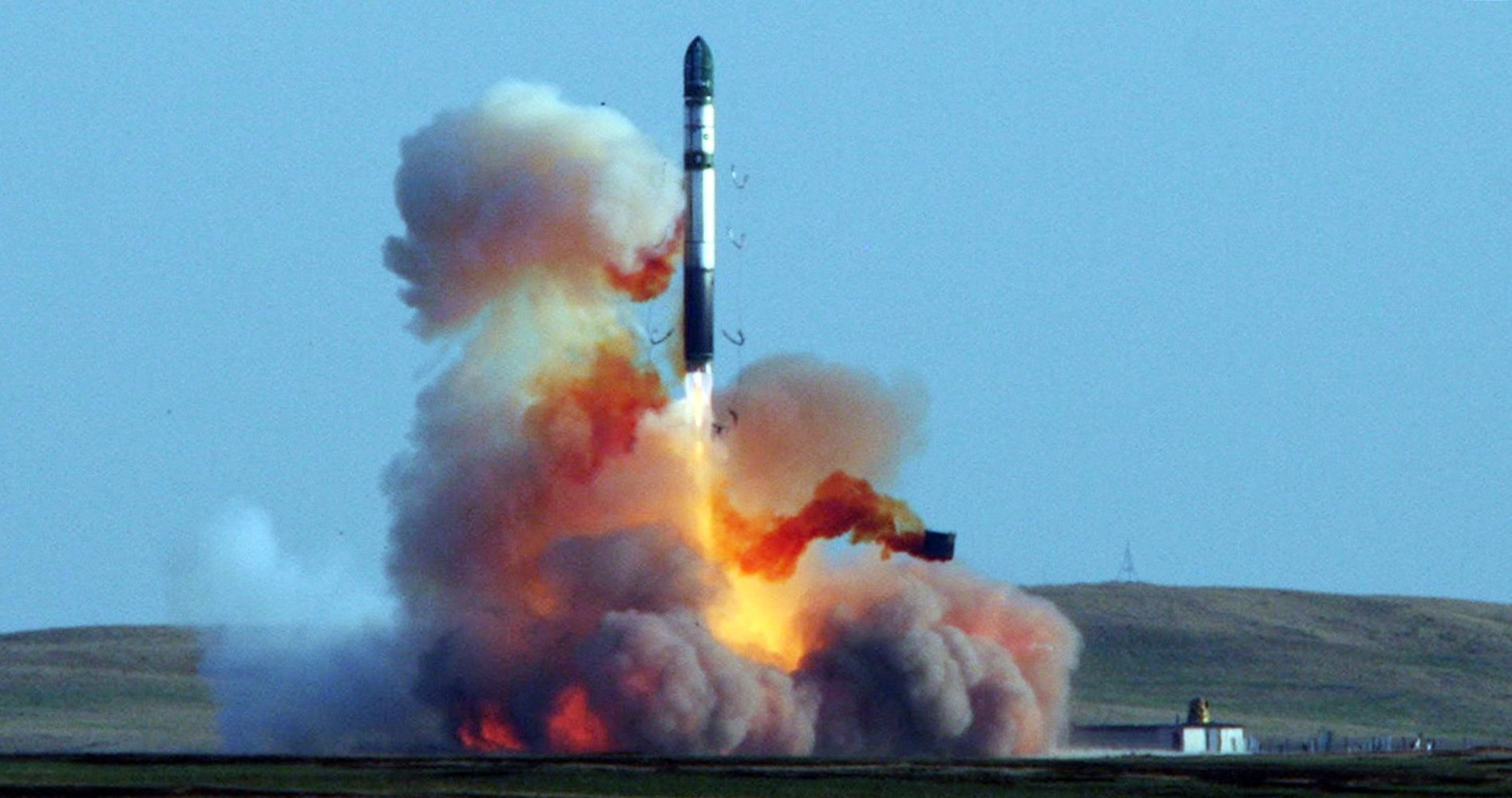Geneva: The US is following an egocentric foreign policy that is leading to global arms control agreements being devalued, Russian Foreign Minister Sergei Lavrov said on Tuesday.
It is vital “to stop the degradation of international arms control”, Lavrov told the Conference on Disarmament in Geneva, urging Washington to resume talks on halting nuclear proliferation and banning weapons in space.
“We are seeing a return to dangerous destructive trends caused by the revival of aggressive foreign policy egocentrism by one state,” he said.
Washington had a “growing aspiration to dominate everywhere and to impose upon the international community its own rules to the detriment of other states”, said Lavrov.
It is time, he said, for “American colleagues to return to international, intergovernmental dialogue” and renew disarmament agreements that “ensure stability on this planet”.
Russia and the United States — rivals during the four decades of the Cold War — ripped up the 1987 Intermediate-Range Nuclear Forces (INF) treaty this year, blaming one another for its demise.
That deal was seen as a cornerstone of global security and its burial sparked fears of a new arms race.
And Washington is threatening to quit the 2010 New Strategic Arms Reduction Treaty, or “New START”, when it expires next year.
Lavrov said Russian President Vladimir Putin had proposed extending New START without conditions, adding that his boss was still waiting for a reply from the US.
New START — which obliged them to halve the number of missile launchers and set up a new verification regime — is seen as the last major deal keeping their arsenals below the Cold War peak.
Lavrov also reiterated there was an urgent need for a new treaty stopping weapons being deployed in space, after more than a decade of deadlock.
He said Moscow was “convinced” it was not too late to stop a conflict in space and urged “full-fledged negotiations” on a treaty to prevent the deployment of some military hardware in space.
But the US has long argued that it would be too difficult to verify space deployments, preferring language that focuses on prohibiting aggressive conduct.










